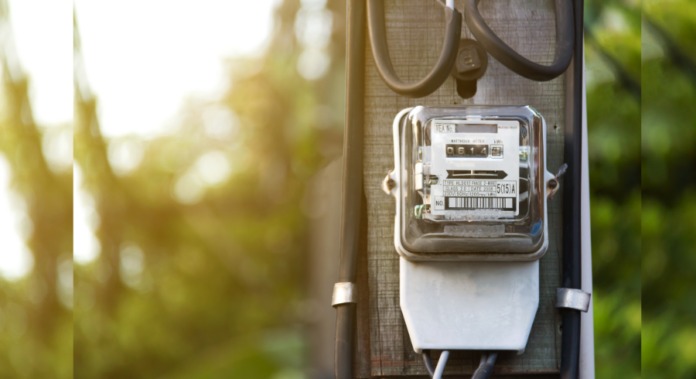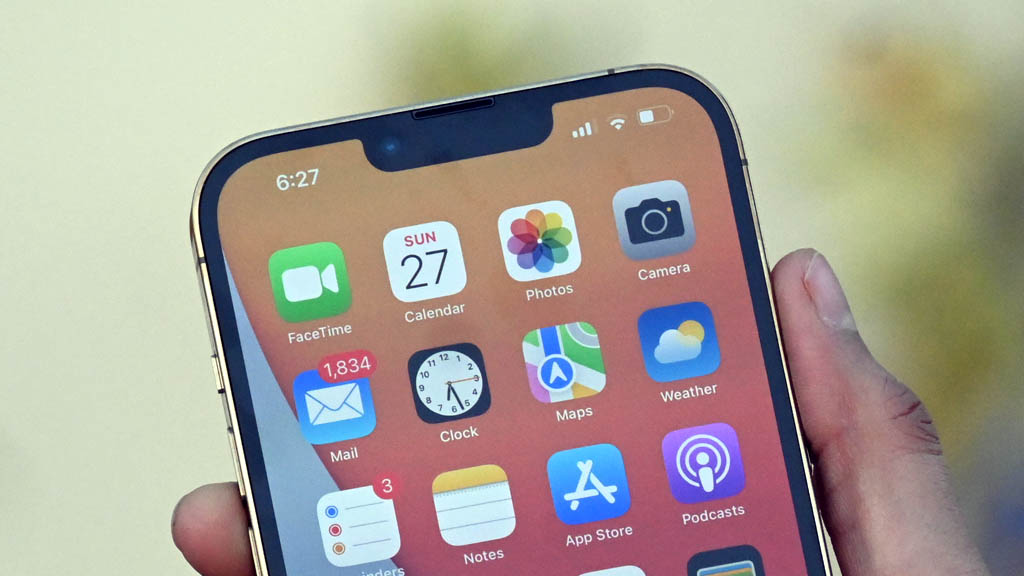The launch of the Apna Meter Apni Reading app is a much-needed innovation in a country like Pakistan, where electricity overbilling, inaccurate meter readings, and a lack of transparency are everyday concerns. This consumer-centric tool empowers users to take charge of their own electricity meter readings, reducing billing disputes, improving accuracy, and especially benefiting subsidized consumers who may otherwise suffer silently due to inflated bills.
What is Apna Meter Apni Reading App?
The Apna Meter Apni Reading App is a government-backed initiative developed by DISCOs (Distribution Companies) and supported by NEPRA (National Electric Power Regulatory Authority). It allows electricity consumers to submit their own electricity meter readings through a mobile app or online portal, ensuring fair and timely billing based on actual usage.
Benefits of Apna Meter Apni Reading App
1. Accurate Billing
Consumers no longer need to rely on meter readers who may enter incorrect data or skip visits altogether. By submitting your own reading, you’re billed for exactly what you use.
2. Prevention of Overbilling
Overbilling is a major issue in Pakistan, especially in remote and underprivileged areas. The app eliminates arbitrary estimates and inflated bills by giving you control over your own readings.
3. Protection for Subsidized Users
Subsidized users (low-income households) are eligible for government discounts only if they stay within a specific monthly unit limit (e.g., under 200 units). With self-meter reading, consumers can:
- Track their usage more accurately
- Avoid being unfairly pushed into a higher tariff slab
- Retain their subsidy and pay less
4. Empowering Rural & Urban Consumers
Whether you’re in a village or a city, this app bridges the gap between you and your electricity provider. It builds trust and transparency.
5. Quick Dispute Resolution
If you ever need to contest a bill, your submitted reading and photo proof act as reliable evidence.

How to Use Apna Meter Apni Reading App – Step-by-Step
Step 1: Download the app from Google Play Store or visit the relevant DISCO website (e.g., MEPCO, LESCO, FESCO).
Step 2: Register using your:
- Name
- CNIC
- Reference Number (found on your electricity bill)
- Phone Number
Step 3: When notified, take a clear photo of your meter on the suggested date.
Step 4: Submit the reading through the app or portal.
Step 5: Receive a bill based on your submitted reading, accurate and tamper-proof.
Why This App is a Game-Changer for Pakistan
Pakistan has long struggled with:
- Inaccurate meter readings
- High electricity theft
- Untrained or absent meter readers
- Unjustified unit estimates
This app shifts the power from the provider to the consumer, encouraging:
- Better accountability
- Smarter electricity usage
- Enhanced billing transparency
In a country where trust in utility companies is low, this is a welcome step toward reform.
For Subsidized Users: Stay In Control, Stay Protected
One of the most vulnerable segments, lifeline consumers (typically using less than 50–100 units per month), often get overbilled due to estimated readings, pushing them over the subsidized threshold. This app:
- Helps maintain consumption within subsidized limits
- Ensures the government’s financial aid reaches the right people
- Prevents unjustified removal from subsidy eligibility
In an age of digitization, the Apna Meter Apni Reading App is not just a technical solution; it’s a symbol of consumer empowerment. With its simplicity, transparency, and fairness, it’s high time every Pakistani electricity consumer embraces this tool.
How to Use Less Electricity and Lower Your Bill
While the Apna Meter Apni Reading App helps you get billed accurately, reducing your electricity consumption is the best long-term strategy to save mone, especially for low-income and subsidized users. Here are some practical, Pakistan-specific tips to lower your electricity usage:
1. Use Heavy Appliances During Off-Peak Hours
Electricity tariffs are lower during off-peak hours (usually late at night). Run washing machines, irons, and water pumps after 10 PM if possible.
2. Switch to Energy-Saving Bulbs & Appliances
- Replace old tube lights and bulbs with LED lights.
- Choose inverter ACs and energy-efficient fans.
- Always look for the energy star rating when buying a new appliance.
3. Maintain Your Appliances
- Clean your AC filters regularly to improve efficiency.
- Defrost your refrigerator if it builds ice too quickly.
- A well-maintained appliance uses less power.
4. Use Natural Light & Ventilation
Pakistan gets abundant sunlight, open curtains during the day and use windows for ventilation instead of fans or ACs.
5. Turn Off and Unplug Devices
Even when switched off, devices like chargers, TVs, and microwaves consume “phantom power”. Unplug them to save energy.
6. Track Your Usage Weekly
Use the Apna Meter App to check how many units you’re using mid-month. If it’s more than expected, reduce usage to stay within budget or a subsidy limit.
7. Consider Solar Energy (If You Can)
Solar panels are becoming more affordable in Pakistan. If you own your home, investing in solar energy can drastically reduce your bill and even earn you credits via net metering.
The power is literally in your hands. With a combination of accurate meter readings and smarter energy habits, you can cut costs, reduce load-shedding pressure, and even contribute to a more stable power grid in Pakistan. Learn more about Scope of Solar Power in Pakistan.







